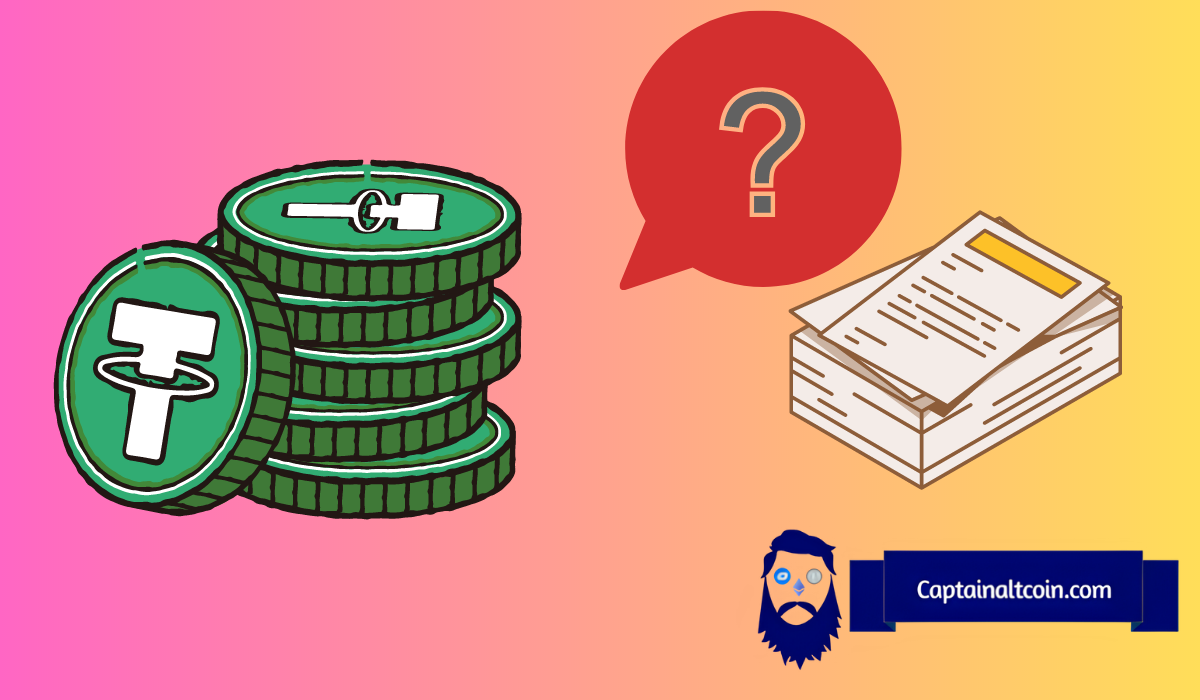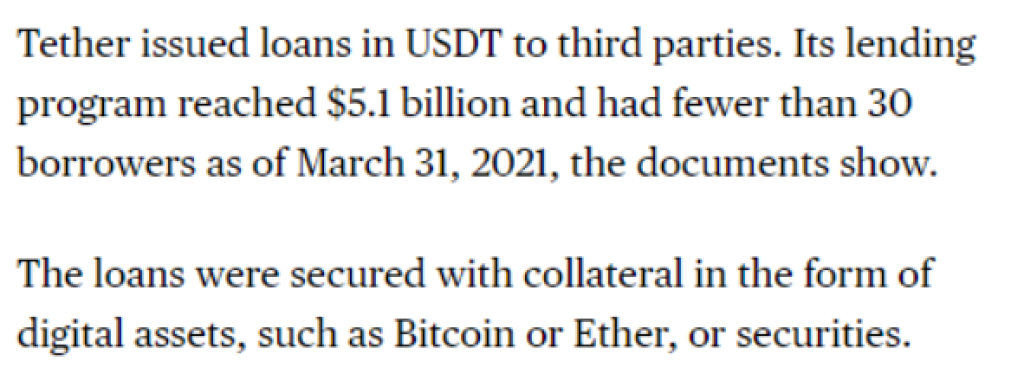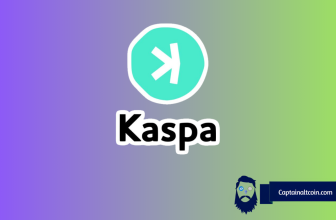
Recent revelations have shed light on the financial backing of Tether, a popular stablecoin in the crypto market. These insights, based on documents from 2021, have raised questions about the stability and reliability of the digital currency.
One of the key revelations is Tether’s significant exposure to Chinese Paper, which are short-term loans to Chinese companies. This exposure was particularly concerning given the steep discount at which Chinese paper was trading during that period. Despite this, Tether denied its exposure, a claim that seems to contradict the evidence presented in the documents.

The financial backing of Tether is primarily provided by small regional banks based in the Bahamas and Asia. The solvency of these banks is crucial to Tether’s stability, and their relatively low stature raises questions about the level of trust users can place in Tether.
Find High-Potential Token, yPredict, powered by its native token $PRED, is emerging as a significant player in the crypto space. The presale YPRED, which is ongoing at ypredict.ai, has already raised over $2.25 million in seed round funding from early investors. As a new low market cap coin currently on presale, it powers an AI-based tool that predicts market movements and identifies high-potential tokens. The token also offers added utility for holders, unlocking access to a suite of analytics tools, including in-depth research into the tokenomics of upcoming crypto games and NFT projects. Get in on the Ground Floor and Unlock Exclusive Analytics Tools!
Show more +It has been revealed that Tether made extensive third-party loans, including a sizeable loan to the Celsius Network. Moreover, Tether made loans of its own currency, USDT, against Bitcoin and Ether collateral to multiple parties, including Bitfinex. At one point, $5.1 billion in USDT was on loans against BTC or ETH, which accounted for approximately 20% of all Tether in 2021.

The attestations by accountants in 2021 did not address the large exposure to BTC or ETH as a call out. Instead, they simply noted value in excess of liabilities. This raises concerns about the transparency and comprehensiveness of Tether’s financial reporting.
As of 2021, Tether had exposure to private loan collateral for BTC and ETH covering up to 20% of USDT rather than just 1:1. It also had high exposure to Chinese commercial paper during shaky times and worked with third-rate banks. There are questions about whether Tether has since cleaned up its act, with skepticism about the safety and reliability of its assets and banking partnerships.
Despite these concerns, it is not believed that USDT is worthless. However, caution is advised against taking USDT at face value, especially during times of financial stress. There are calls for Tether to release detailed reporting to allow consumers to make their own assessments.
While it’s not the absolute $0 that some critics might have hoped for, it does expose users to significant risks. It is suggested that Tether’s management of its large portfolio could be a challenging task that requires growth and improvement.
In the world of stablecoins, no risk is absolute, and no stablecoin is perfectly stable. It’s all about the risks that users and the market are willing to take. Chinese paper and Bahamian banks are not considered acceptable risks by some. It is also speculated that Tether might have been saved by the massive rate hikes in the US, which could have pushed them towards safer constructs in their portfolio. However, this remains to be seen.





